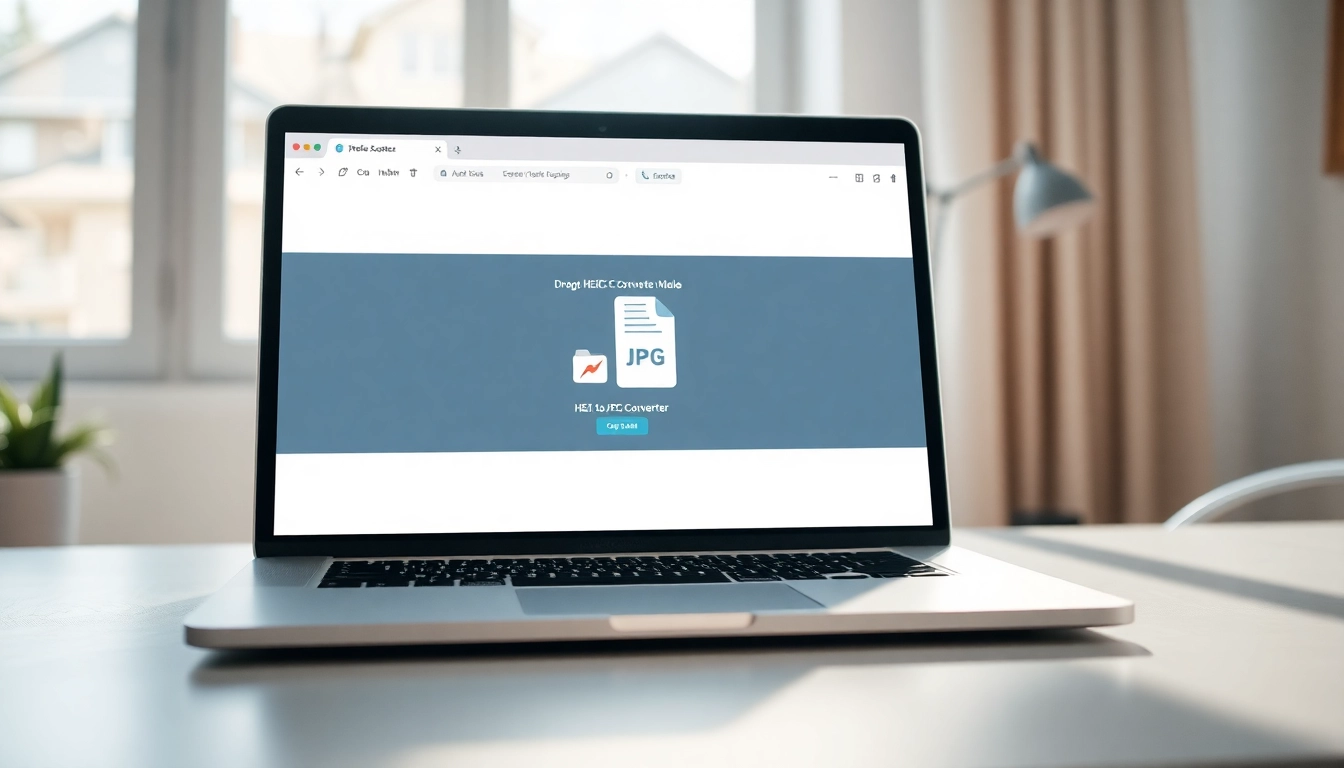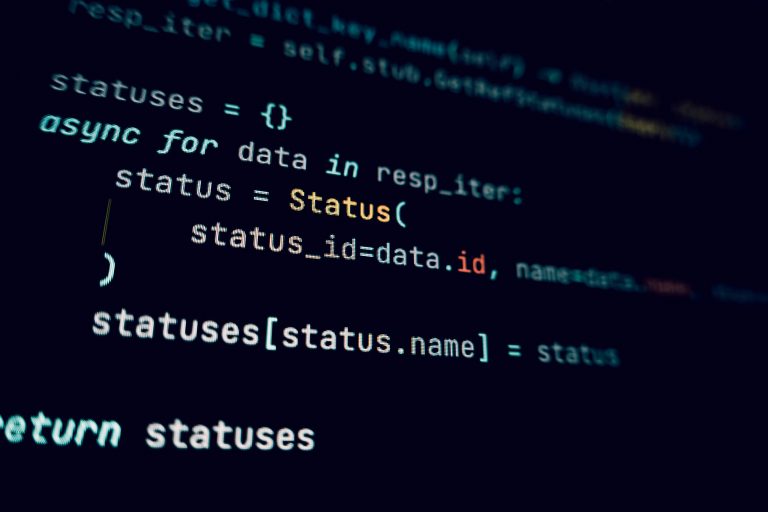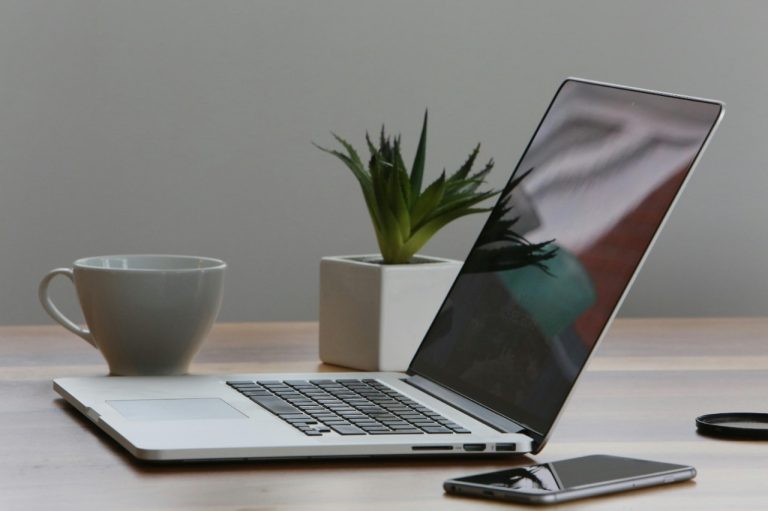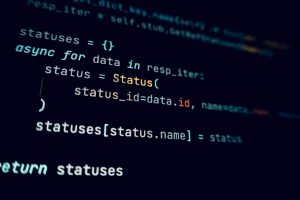Why Privacy Matters in Image Conversion
In today’s world, photos are more than just images. They hold memories, personal information, and often hidden data like location tags and device details. When converting HEIC TO JPG, privacy should be at the forefront of your concerns. While the HEIC format, known as High Efficiency Image Coding, is excellent for storing high-quality photos with smaller file sizes, it is not universally supported. Many platforms, apps, and devices still rely on JPG as the standard format. Converting your images should never mean risking your personal information. The right conversion process ensures your pictures remain safe, secure, and private throughout every step.
Understanding the HEIC Format
HEIC is widely used on Apple devices because it allows for superior image quality at a fraction of the storage size compared to JPG. However, when you share HEIC files with non-Apple users or upload them to certain websites, compatibility issues often occur. This is why HEIC TO JPG conversion is so common. But converting formats is not just about making your photos accessible—it’s also about ensuring they are handled securely. A trustworthy converter will not store your files permanently or expose them to unnecessary risks.
The Risks of Using Unsecure Converters
Not all converters are created equal. Some online tools offering HEIC TO JPG services store your files on their servers for extended periods, which could put your privacy at risk. These stored images might be accessed by unauthorized parties or even misused. Additionally, some converters may not use secure connections, making your files vulnerable during upload and download. Choosing a secure, privacy-respecting tool means looking for features like encryption, immediate deletion after processing, and no unnecessary data collection.
How Privacy-Focused Conversion Works
A privacy-focused HEIC TO JPG converter operates with strict safeguards to protect your data. The process typically involves encrypted file transfers to ensure no one can intercept your images during upload or download. Some of the best services also process your files directly in your browser using local resources, meaning the files never leave your device. This approach virtually eliminates any privacy risk, as there is no server storage involved. Even for cloud-based converters, immediate deletion policies and strong encryption provide a high level of protection.
Local Processing for Maximum Security
For users who prioritize complete control over their images, local processing is the most secure method for HEIC TO JPG conversion. By using software or browser-based tools that work entirely on your device, you avoid sending any files over the internet. This ensures that no third party can intercept or store your photos. Local processing is especially valuable for professionals working with confidential client material, sensitive corporate images, or private personal photos. While it may require installing a dedicated application, the added security is worth the small extra step.
Balancing Privacy and Convenience
Some people worry that privacy-focused tools might be slower or harder to use, but that doesn’t have to be the case. Many secure HEIC TO JPG converters are designed with simplicity in mind. They offer fast processing, intuitive drag-and-drop interfaces, and support for multiple file conversions at once. Whether you choose a local or cloud-based option, the key is finding a service that does not compromise usability while keeping your images safe. This balance allows you to convert photos quickly without ever giving up control over your data.
Metadata and Hidden Information
When converting HEIC TO JPG, privacy is not only about protecting the image file itself. Photos often contain metadata—details about when and where the picture was taken, the camera used, and even location coordinates. If this information is left in the converted file, it could reveal more than you want to share. Privacy-conscious converters either strip out metadata automatically or give you the option to remove it during conversion. This extra step ensures that your images reveal only what you choose to share.
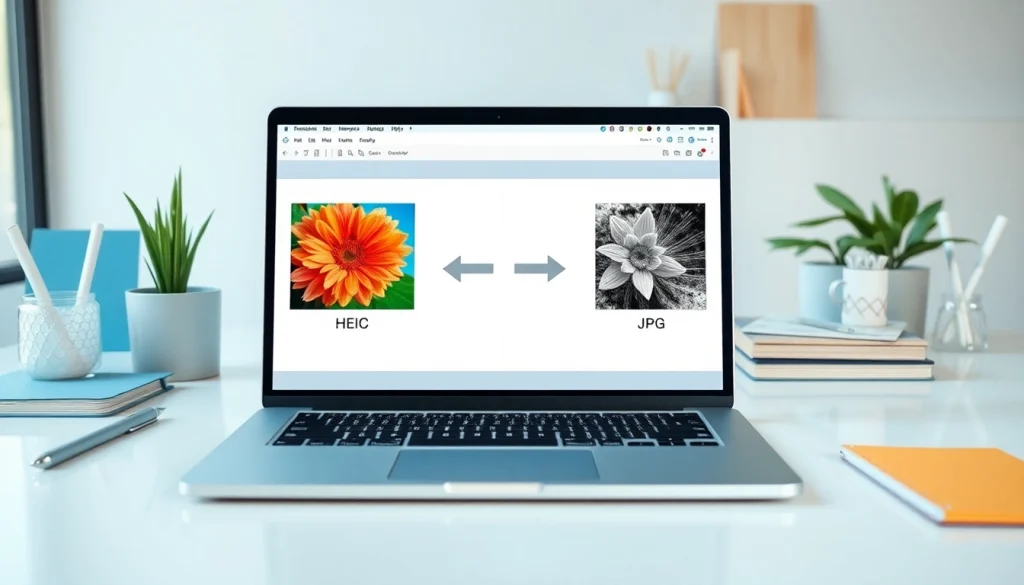
Privacy for Professionals and Businesses
For businesses, photographers, journalists, and other professionals, using a secure HEIC TO JPG converter is about more than personal privacy—it’s about protecting clients, sources, and proprietary information. A data breach involving confidential images could lead to legal or reputational damage. That’s why professional workflows often incorporate vetted, privacy-respecting conversion tools as part of their standard practice. These tools allow them to maintain trust and meet industry privacy standards while still delivering high-quality JPG images.
Cloud vs. Offline Conversion Considerations
Choosing between cloud-based and offline HEIC TO JPG conversion depends on your priorities. Cloud-based tools are convenient and often faster, especially when processing large batches of files. However, they require sending your images over the internet, which introduces potential privacy risks unless strong safeguards are in place. Offline converters eliminate this risk entirely but require installation and local storage space. Some modern solutions now combine both methods, offering quick online processing for non-sensitive files and secure offline conversion for private or critical images.
Preparing for a Privacy-First Future
As digital privacy becomes a growing concern, the demand for secure HEIC TO JPG conversion tools will only increase. The best services will continue to adapt, offering more transparency, stronger encryption, and advanced privacy features. Users can expect to see innovations like AI-driven local processing, customizable privacy settings, and integration with secure storage platforms. Staying informed and choosing tools that prioritize privacy will help ensure your images remain under your control, no matter how technology evolves.
Final Thoughts
Converting HEIC TO JPG should never come at the expense of your privacy. With so many secure and user-friendly tools available, there is no reason to risk your personal or professional images being exposed. Whether you opt for local processing to keep files entirely on your device or use a reputable cloud-based service with strong security measures, the key is to choose a converter that respects your data. In a world where digital threats are ever-present, making privacy a top priority during image conversion is both wise and necessary. By doing so, you can enjoy the universal compatibility of JPG while keeping your photos safe from prying eyes.
